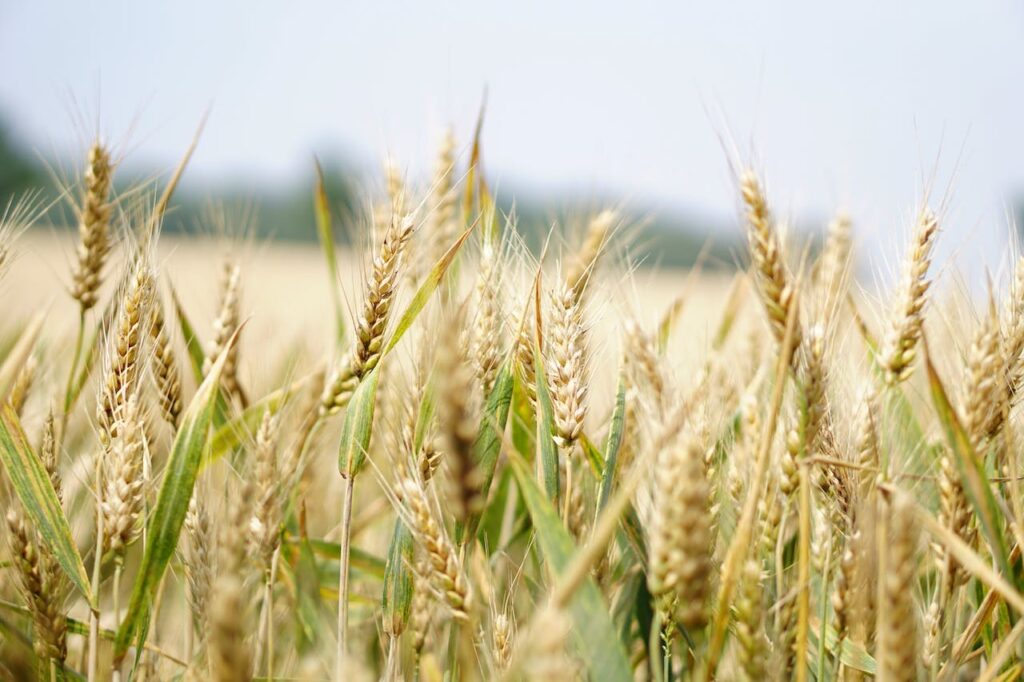A new Israeli agritech startup has developed bacteria capable of decreasing nitrous oxide (N2O) that is emitted during the production of wheat. N2O is a harmful greenhouse gas that is potentially 265 times more harmful to the climate than carbon dioxide.
Nitrousink uses two bacteria species that originate from wheat roots and can naturally reduce N2O emissions when introduced to wheat samples under specific environmental conditions.
One of the bacteria is active under oxygen conditions and reduces emissions by 44 percent, while the other reduces emissions by 39 percent under oxygen-depleted conditions.
The startup is now conducting a controlled trial in greenhouses to investigate ways of optimizing the effectiveness of its solution.
Its technology was originally developed at the Volcani Institute, Israel’s national agricultural research center.
Nitrousink is a subsidiary of Save Foods, an Israeli agritech firm that creates non-toxic treatments to protect fresh fruit and vegetables from microbial spoilage and foodborne pathogens.
The firm says that the Nitrousink’s wheat bacteria is the only known solution to combat N2O that is both environmentally friendly and economically viable.
“Our mission at Nitrousink, in alignment with Save Foods’ vision, is about reducing greenhouse gas emissions and reshaping agriculture into a more sustainable, environmentally friendly practice,” said Dr. Dror Minz of the Volcani Institute, who led the development of the new bacteria.
“The trial marks a pivotal moment in our journey, bringing years of research to the forefront of real-world application.”
Related posts

Israeli AI Safety Tool Among TIME’S Best Inventions For 2024

TAU Team Discovers Mechanism To Eliminate Cancerous Tumors

Ashdod Port Investing In Startups As Part Of Innovation Strategy




Facebook comments